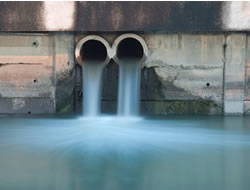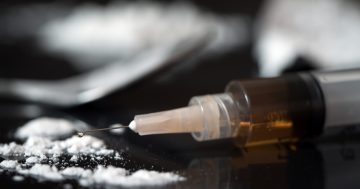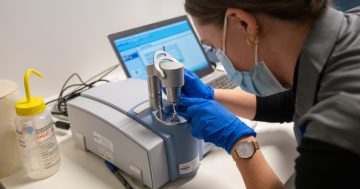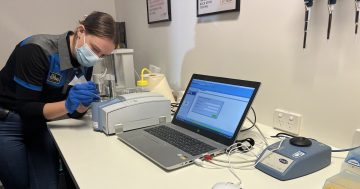 The Australian Criminal Intelligence Commission (ACIC) has published its latest annual report on wastewater analysis measuring the extent and types of drug usage across the Australian community.
The Australian Criminal Intelligence Commission (ACIC) has published its latest annual report on wastewater analysis measuring the extent and types of drug usage across the Australian community.
ACIC’s sixth report uses wastewater data collected between August 2017 and August 2018 and from its findings estimates that more than 9.6 tonnes of methylamphetamine is consumed in Australia each year, as well as more than four tonnes of cocaine, 1.1 tonnes of MDMA, and more than 700 kilograms of heroin.
Chief Executive of ACIC, Michael Phelan said the street price of that quantity of the four drugs was around $9.3 billion “underlining the size of the black economy that relates to illicit drugs alone”.
“This estimated consumption reflects an increase in methylamphetamine and cocaine and a decrease in MDMA and heroin from year one to two of the program,” Mr Phelan said.
“Analysis of wastewater data offers opportunities to address emerging problems, identify previously unknown drug threats and consumption patterns as well as the effectiveness of demand and harm reduction initiatives.”
He said the report covered 56 per cent of the population, which equals about 13 million people, with 58 wastewater treatment plants across Australia participating in the collection of the wastewater samples, covering 13 substances.
He said cannabis was one of the most used illicit drugs, both domestically and internationally, and its inclusion in the program provided valuable insights.
“In August 2018, there was apparent variation in consumption between the States and Territories, with regional average cannabis consumption more than double capital city average consumption,” Mr Phelan said.
“The program also continues to evolve as wastewater data are increasingly being integrated with data from other Government, private sector and academic sources to develop a more granular picture of drug markets and also activity in other areas of the Australian community.”
He found it astounding that Australians wasted more than $9.3 billion a year on drugs.
“This is money people could be spending on legitimate goods for themselves and their families,” Mr Phelan said.








